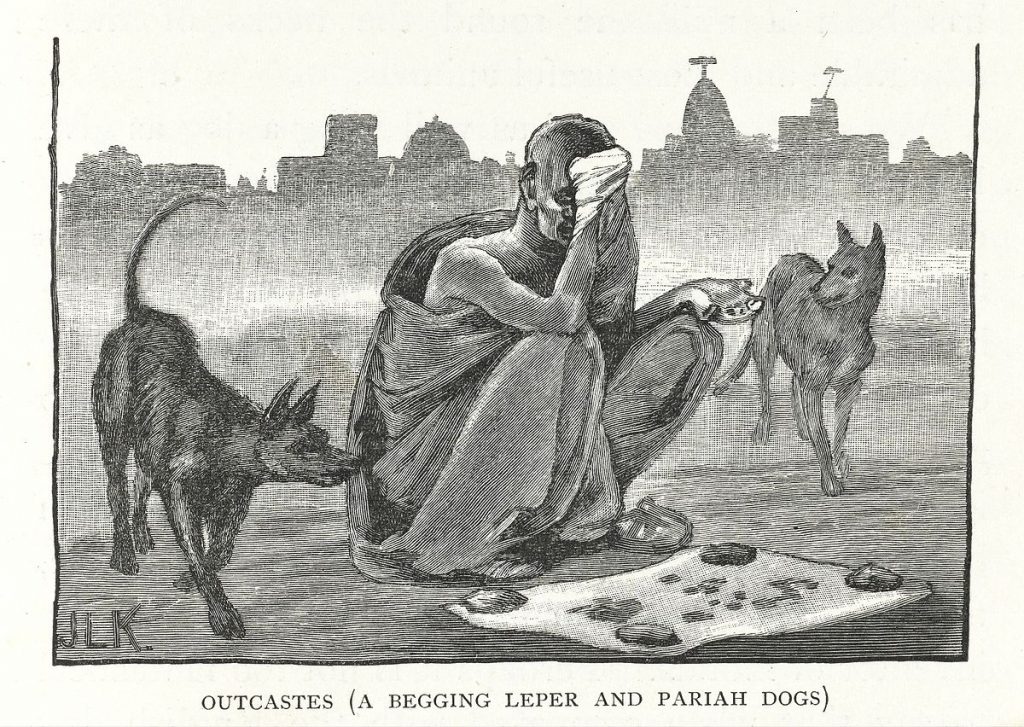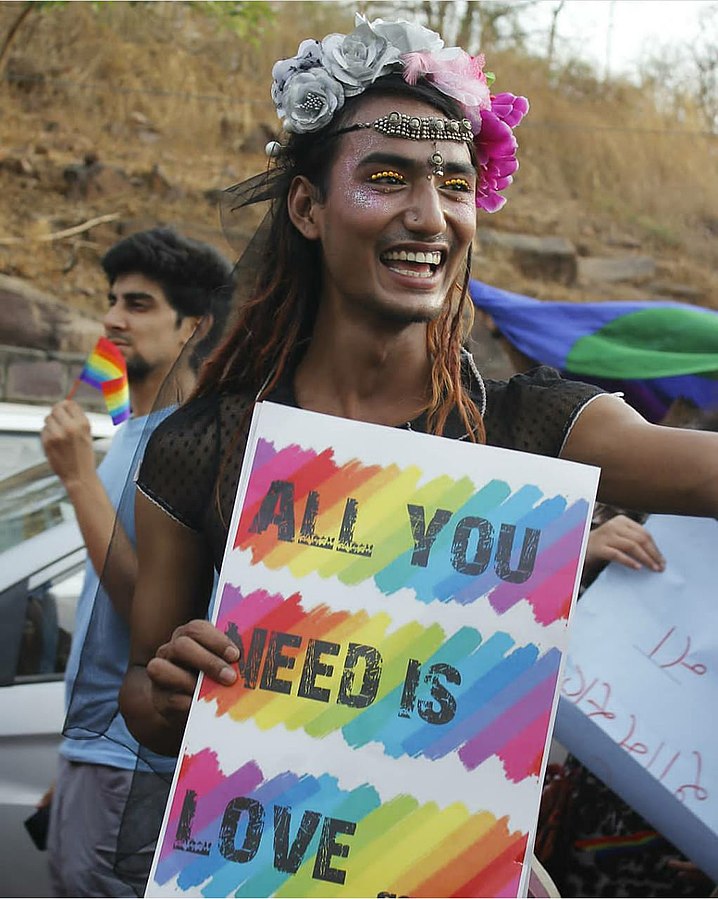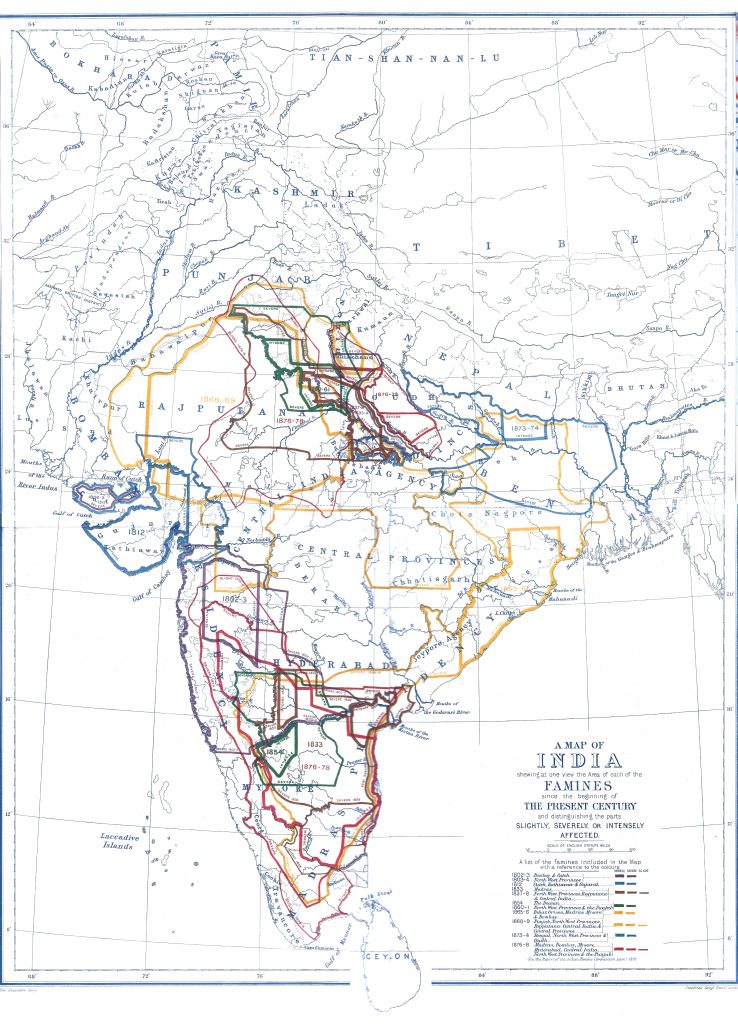By Ankit Kawade Max Weber begins his treatise Ancient Judaism with the following comparativist premise: “The problem of ancient Jewry, although unique in the socio-historical study of religion, can best be understood in comparison with the problem of the Indian caste order.”[1] Weber’s premise of studying Jewish religious history in comparison with the caste order […]
By Rianna Price Within the studies of medicalization of deviant same-sex desire, the landmark removal of homosexuality as a disorder from the DSM-II (Diagnostic and Statistical Manual of Mental Disorders) is often seen as a watershed moment for changing medical attitudes. What was once a sin had become a crime before being treated as a […]
By Emma Wordsworth Food, despite being both a biological necessity and a symbolic cultural touchstone, has only recently been recognised as a major historical force. As historian David Arnold persuasively argued in 1988, “food was, and continues to be, power in a most basic, tangible, and inescapable form”.[1] Certainly, in the early 1870s, the issue […]


